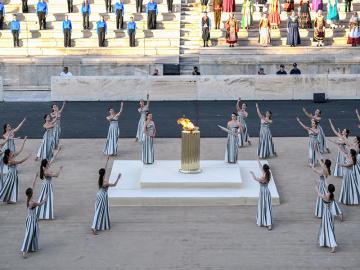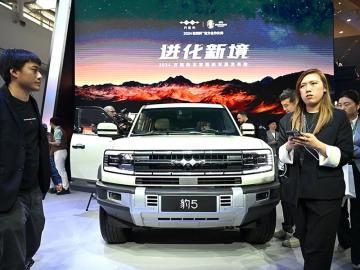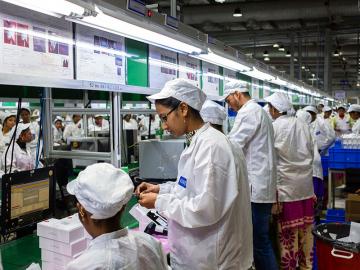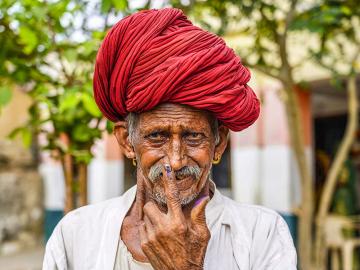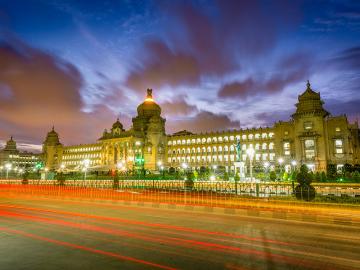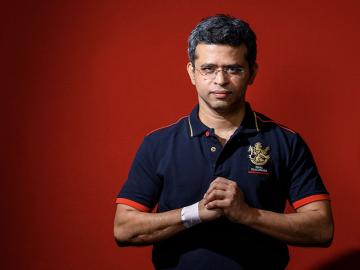
Indian consumers aren't price-conscious, they are value conscious: Uniqlo India CEO
Tomohiko Sei, India CEO of Japanese lifewear brand Uniqlo, on expanding in India and striking the balance between price and value
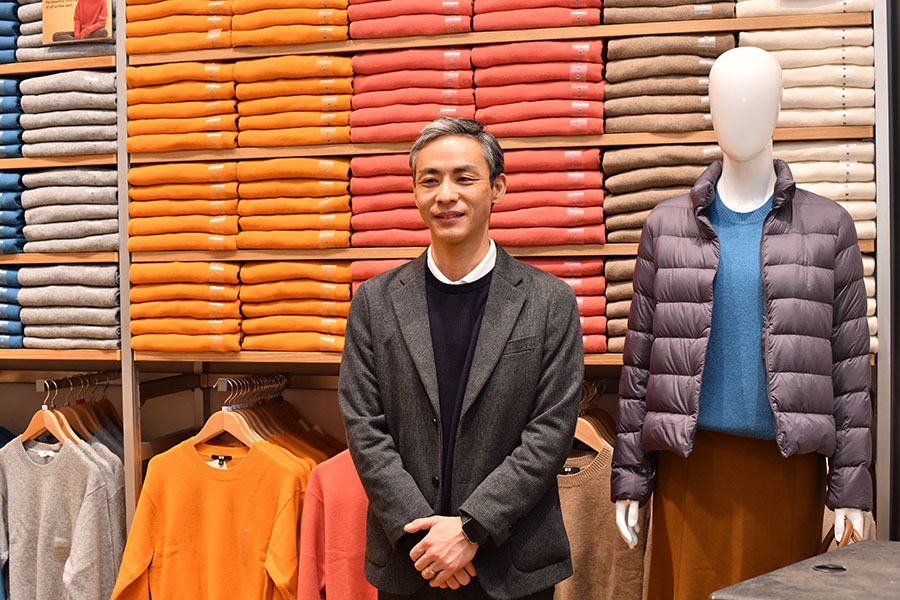 Tomohiko Sei, Chief Executive Officer, Uniqlo India
Tomohiko Sei, Chief Executive Officer, Uniqlo India
Since its foray into India in 2019, Uniqlo India has limited its expansion to the northern region with 10 stores. But now, the Japanese lifewear brand, which counts tennis icon Roger Federer among its global endorsers, is looking beyond. Uniqlo India, which recorded a revenue of Rs622 crore in FY23, up from Rs389 crore in FY22, recently opened its first store in Mumbai, at Phoenix Marketcity, and will follow up with another at Goregaon’s Oberoi Mall on October 20. The company’s India CEO Tomohiko Sei sits down with Forbes India to break down the company’s strategy in the country’s crowded retail market. Edited excerpts:
Q. Uniqlo came into India in 2019. And in the past four years opened 10 stores, all in the northern region. Why the foray into Mumbai now?
When we want to bring our brand to a new city or a new country, we want to focus on creating a strong operation, supply chain and store manager, which you can’t have in a day or two. We need time to develop and build strong operations in one area before we can move to a new city. Now that we have it, we have come to Mumbai, and are opening in two locations. We are also evaluating more locations in Mumbai, and trying to expand in the format that we did in Delhi-NCR and the northern region.
Q. What are Uniqlo’s top markets globally and where does India feature in the global plans?
Our biggest market, of course, is our home market of Japan. Then there are markets like China, Asean (Association of Southeast Asian Nations), EU (European Union) and US (United States). But India offers the biggest space to expand the business. That’s why it’s quite an important business market for us. At the same time, we can also expand the local production space in India and potentially be a high-quality production market even though we don’t have our own factories and operate through our partners.
Q. India's retail fashion market is quite crowded with your competitor brands like H&M, Zara etc. What is Uniqlo’s strategy to stand out in this market?
Each brand has its own brand philosophy. Our concept is the lifewear concept, which isn’t a short-term fashion trend; we are standing on the quality barrier. So I believe Uniqlo’s standing point is quite unique and different from the others. We should focus on taking this concept to the people.
Also read: Reliance Retail will be our fastest growing business in revenues and Ebitda: Mukesh Ambani
Q. Is the pricing strategy different for India as compared to other markets, given how price-sensitive the Indian consumer is?
Not just Indians, every consumer is price-conscious. It’s the same in Japan–I love cheap stuff too. Indians, I think, are more value-conscious than price-conscious. One of the most surprising things that I see when I come to India is people touch the product to feel it. In my 20 years of retail experience, customers elsewhere stand in front of the mirror to experience the look and fit. It shows how Indians place a premium on value–the quality you get for the price. If we look only at the price, ours isn’t the cheapest. We strike a balance between price and value–if the value is high, people will buy a product even at a higher price. If we can survive in the market now, the balance is correct.
Q. You've been in India for over four years now. What are some of the market trends that you’ve noticed?
Especially after Covid, people look for more essential factors like longevity, function, comfortability. Before that, there was a strong demand for looks over quality. Our best-selling products are the AIRism half-sleeve T-shirts that are functional and comfortable. AIRism is an example of our fabric innovation with its comfort, cooling technology, so is our thermal wear which, despite being thin, keeps you warm because of the technology. Like most Japanese brands, Uniqlo, too, is high on technology.
Q. What’s your online-offline split of sales and which are your best markets in India?
Our target is about 15 percent sales from ecommerce and the rest 85 percent from the stores, because, we feel, the human touch is quite important and is our biggest marketing strategy. We are close to achieving that ratio. Of the sales on Uniqlo.com, Delhi sees the highest traffic closely followed in the second spot by Mumbai.
Q. What targets have Uniqlo set for the Indian market?
In terms of target, we don’t have an exact number, but we want to establish our brand awareness in Mumbai and build the market in Western India. That’s our immediate target.




